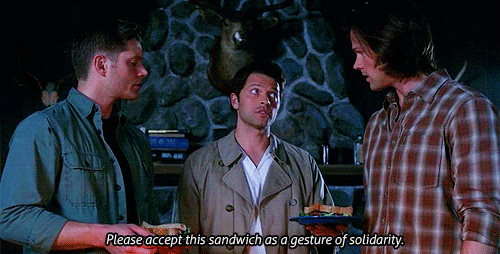Mitt Romney 79 percent
Gary Johnson 71 percent
barack Obama 60 percent
American Voters 53 percent
I answered the questions in the quiz in how I would feel if I was living in the USA
I honestly havn't got a great grasp on American politics other than that I know obama wants to introduce a similar system to Americans that we already have in Australia (please correct me if I'm wrong) and although I did once believe that our system works well in the sense that people who are too sick to afford care can get back to work with our tax funded healthcare, I dont think this would be a good idea for Americans because I believe the poverty rate there is far higher than Australia and giving free healthcare to non-tax payers would create discord amoung citizens and create an opening for more people to abuse the system rather than getting back into jobs (which reomney promised to try and create and obama did not)
EDIT: I usually draw penis's on the balot paper. In Australia, if you do not get your name signed off that you've voted, you recieve a $90 (or thereabouts) fine in the mail. Does the USA also recieve fines for not voting?









 Reply With Quote
Reply With Quote




























Bookmarks